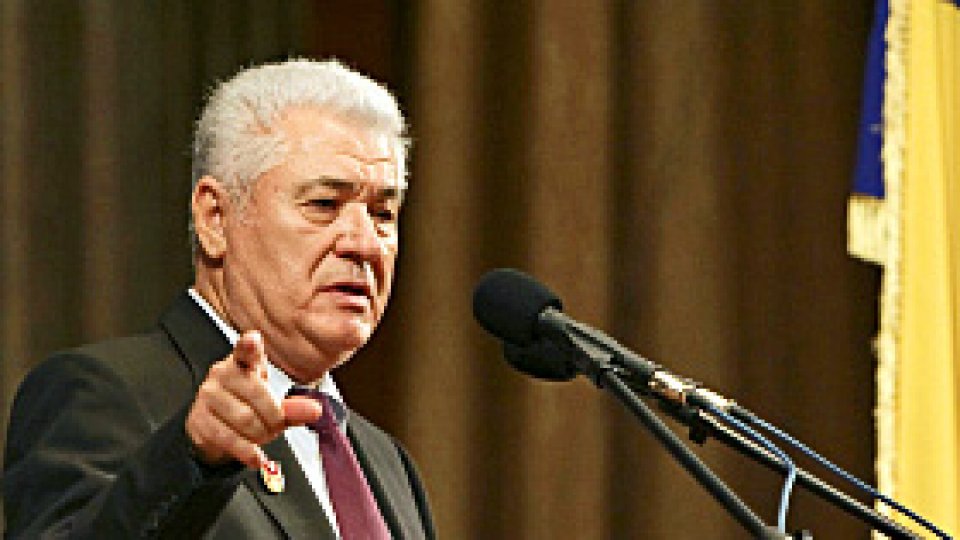European action in the Republic of Moldova
European Commissioner for Enlargement, Stefan Fule, warned that Brussels would not favour any of its Moldovan dialogue partners supporting stronger ties with the EU.

03 Octombrie 2010, 15:26
According to Foreign Minister Iurie Leanca, the European Action Group is a recognition of Moldova's change for the better since July 2009, when four democratic parties, members of the Alliance for European Integration, came to power.
The conclusion of the meeting was that the EU supported the continuation of reforms. The meeting overlapped the start of the campaign for the early legislative election scheduled for November the 28th.
The ballot had to be organised after Parliament had twice failed to elect the country’s president, as the Constitution of this country requires. The electoral battle will pitch the Communists' Party, which ruled between 2001 and 2009, against the parties in the Alliance, whose divergences and egos prevented them from running on a common ticket.
After talking about the efforts that authorities in Chisinau must make for the modernisation of the country, European Commissioner for Enlargement, Stefan Fule, warned that Brussels would not favour any of its Moldovan dialogue partners supporting stronger ties with the EU.
But for those ties to strengthen, all political players, whether in Power or Opposition, must get involved, says Stefan Fule, who sees the former president of Moldova, communist Vladimir Voronin, as one such important player on the political arena in Chisinau.
Without expressing open support for the pro-Western parties in the current ruling coalition, Romanian Foreign Minister, Teodor Baconschi, said that voters in the Republic of Moldova had a choice between two opposing systems, one of them focusing on the past, and the other one looking at the future.
“In the forthcoming election, the free citizens of this country which is becoming more democratic, will have to choose not between the Russian Federation and Romania, but between the past and the future, between two life styles, two political regimes, between the prospect of prosperity and true democracy and stagnation in a model which is undoubtedly obsolete in the entire region", said Teodor Baconschi.
Voronin's communists proved their unwillingness to reform the state during the eight years of administration defined by abuse and breaches of the basic rules of democracy.
Eight years in which the Moldovan economy shrank, the rule of law was infringed upon, and the country's relationship with neighbouring Romania, the strongest supporter of Moldova's European interests, was compromised.
(Radio România Internaţional, Serviciul în limba engleză).














